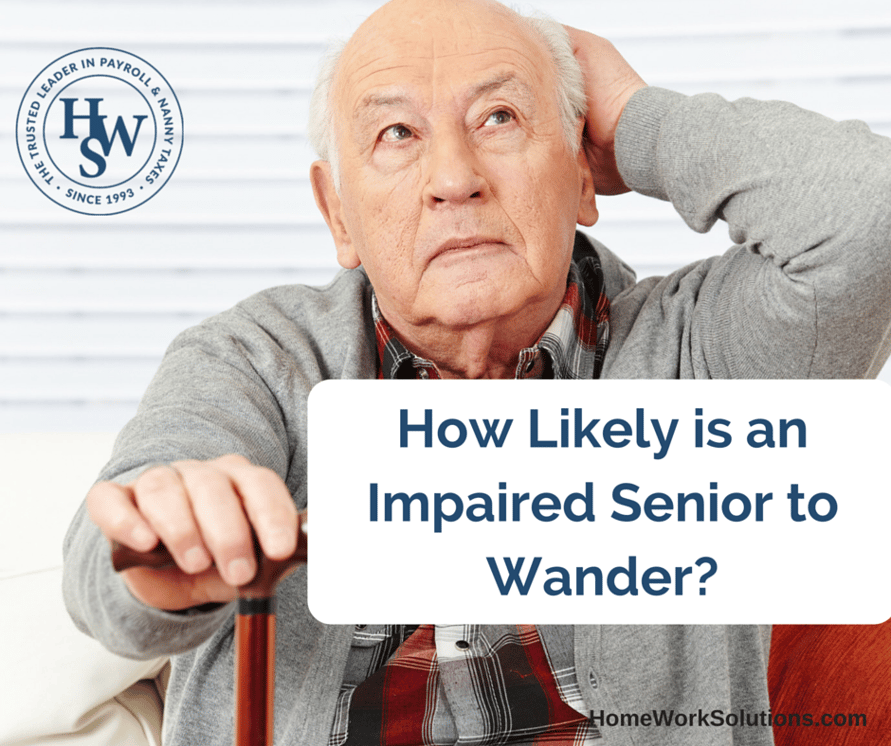
We often hear of impaired seniors “wandering off” but the stereotype can be far too general, and often linked to a disease like Alzheimer’s after it has been diagnosed. However, there are warning signs of this disease or dementia that you should be aware of so you can help keep your loved one safe without limiting their independence. Here, we provide helpful tips on caring for an aging loved one who is showing signs of being confused, forgetful, or disoriented.
First of all, it’s important to recognize signs that suggest disorientation and may result in unsafe wandering. A senior care service in California, LivHOME, offers these clues:
- Restlessness and pacing
- Engaging in repetitive movements
- Difficulty locating familiar rooms at home
- Returning later than usual from regular excursions such as walks
- Attempting to go to work, even long after retirement
- Asking the whereabouts of friends or family
- Appearing to be involved in a hobby or chore but nothing is completed
So, how do you keep your loved one safe?
Tip #1: Manage prescriptions.
As your elderly loved one ages, health problems may become more and more common, ultimately resulting in an increase of medication intake. Managing what’s in the medicine cabinet is very important, especially if your loved one has multiple doctors. Personality changes or memory loss can increase the risk of your loved ones mixing drugs or overlapping medications, which can lead to serious complications. So, when you take your loved one to the doctor, be sure that you have a list of every medication that he/she is taking, including the frequency and dosage.
Tip #2: Keep living areas uncluttered and safe.
For individuals over age 65, fall-related injuries are extremely common due to poor vision, weakened muscles, and hazardous objects. Many falls are preventable and one of the best ways to prevent them is by keeping living spaces safe. To do this, keep rugs tacked down, remove excess clutter, and keep the bathroom areas safe by putting up bars on the walls to grab onto as well as rubber mats in the bathtub. In addition, encourage your loved one to wear slippers instead of socks or stockings, as socks can be slippery and cause falls.
Tip #3: Keep your loved one physically and mentally active.
Staying active is not just important for physical health, but it can also keep your loved one’s brain sharper and decrease symptoms of depression. Encourage them to exercise on a regular basis by walking, pedaling a stationary bike, or working in the garden. At least 30 minutes a day of physical activity is recommended. Many seniors, preferring to age in place, spend a tremendous amount of time alone, with just the television for company. Family members are stretched thin, and between their own jobs and raising their own families, many adult children simply don't have enough time to spend with their aging parent to encourage physical and mental activity. Hiring a senior companion - either on a full time or part time basis - often results in a declining senior rebounding physically and mentally as they are challenged by the companion to engage in activities and conversation.
Taking care of your aging relative can be a big job that requires outside assistance. If you are interested in more information on in-home and out-of-home alternatives for a senior in your life, feel free to download our free Family Guide to Senior Care Alternatives.

